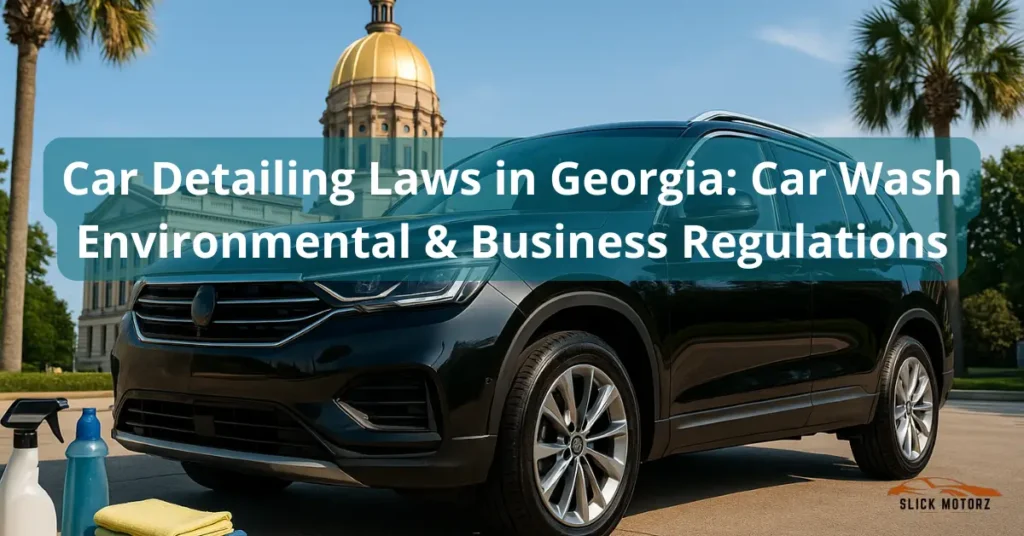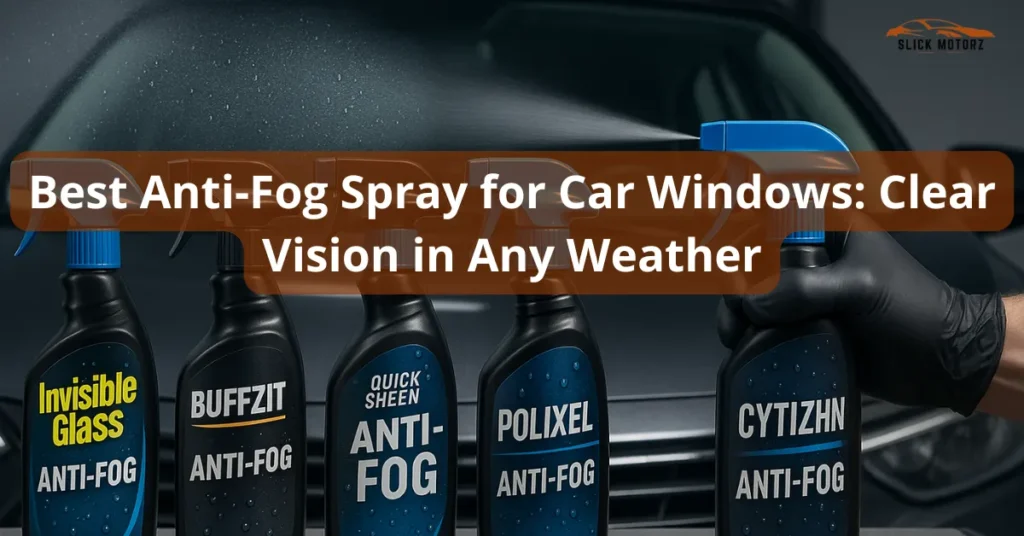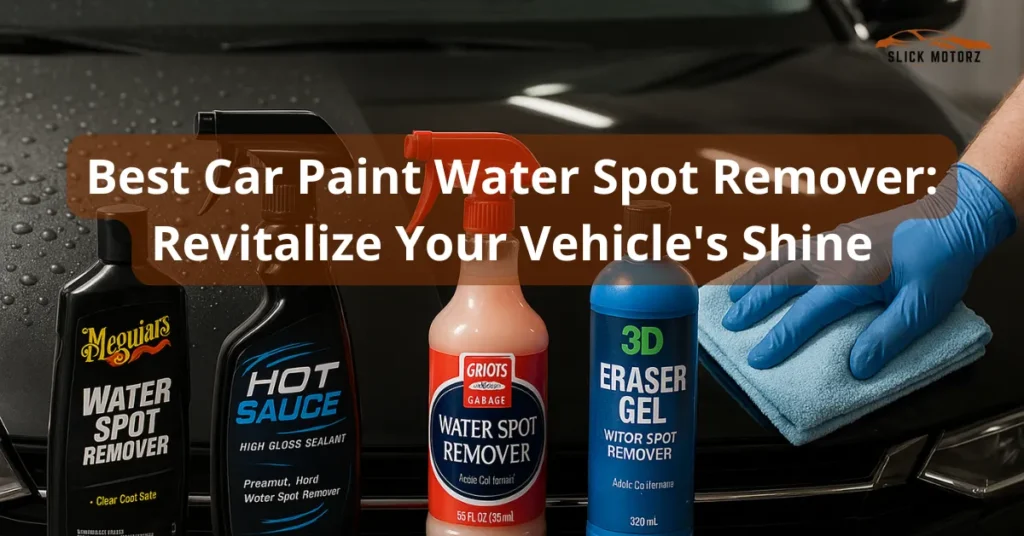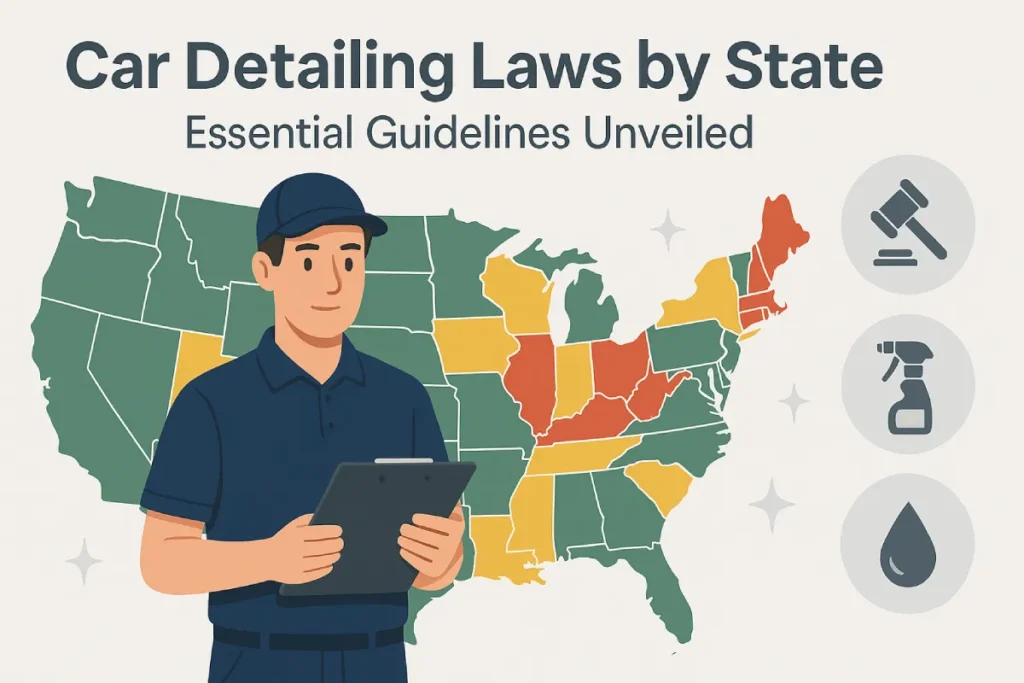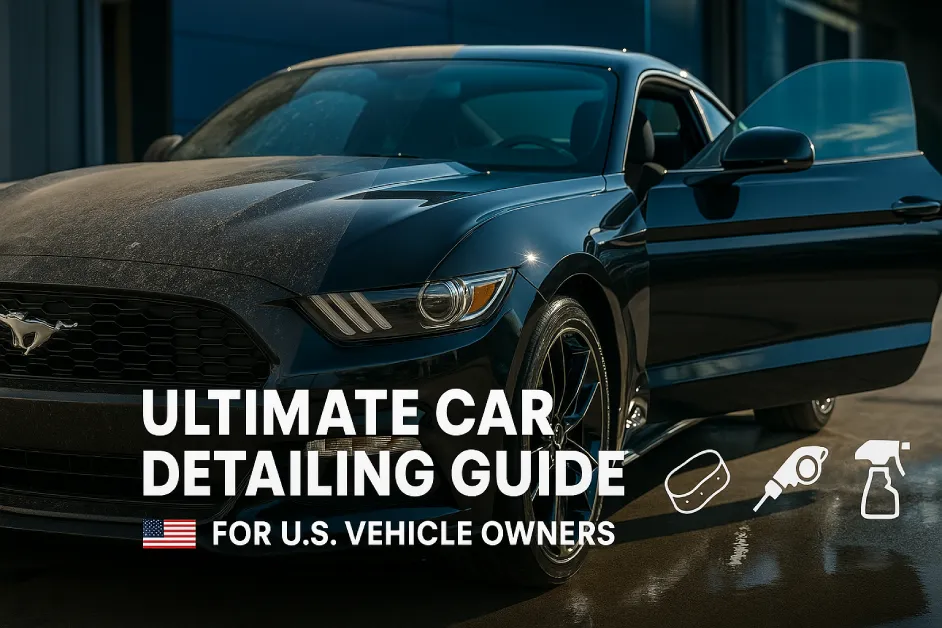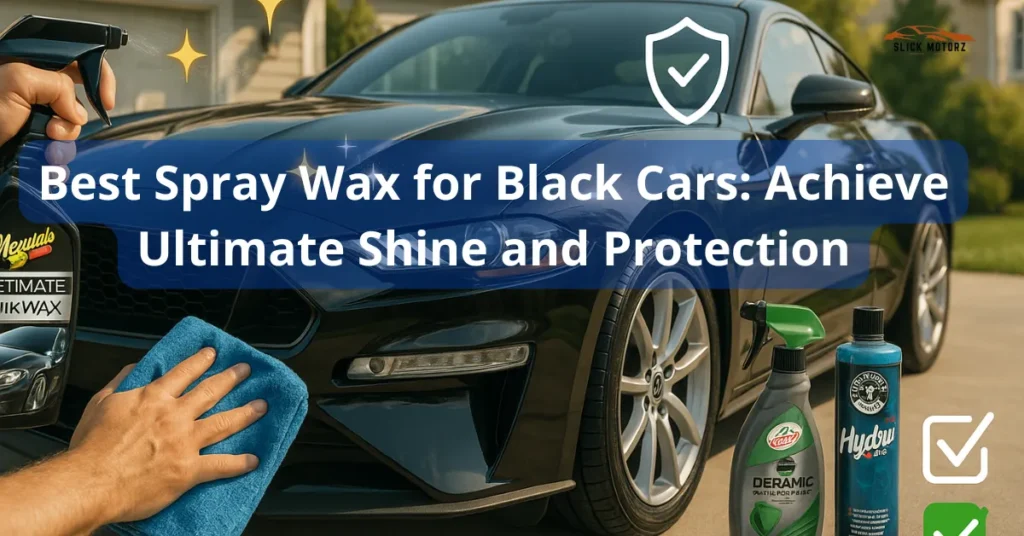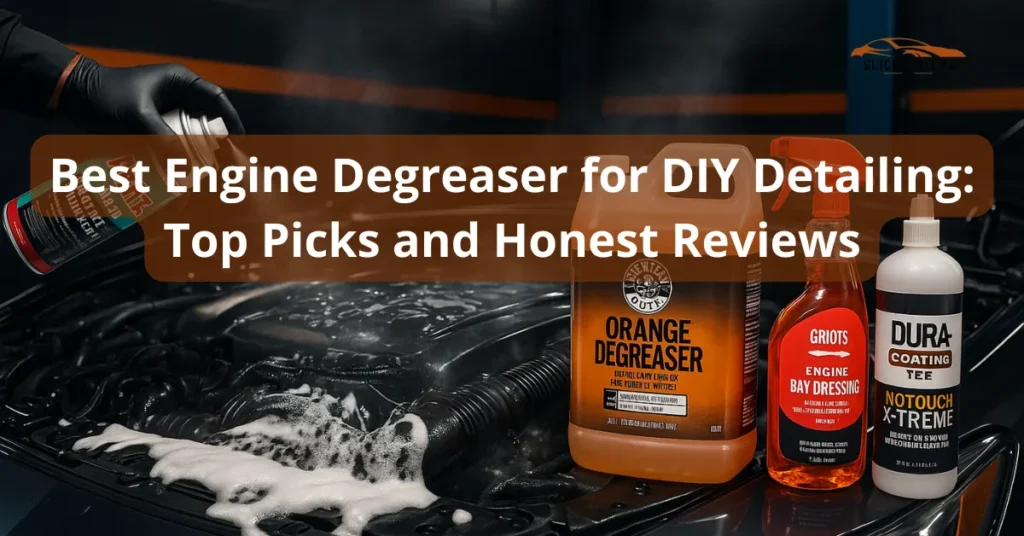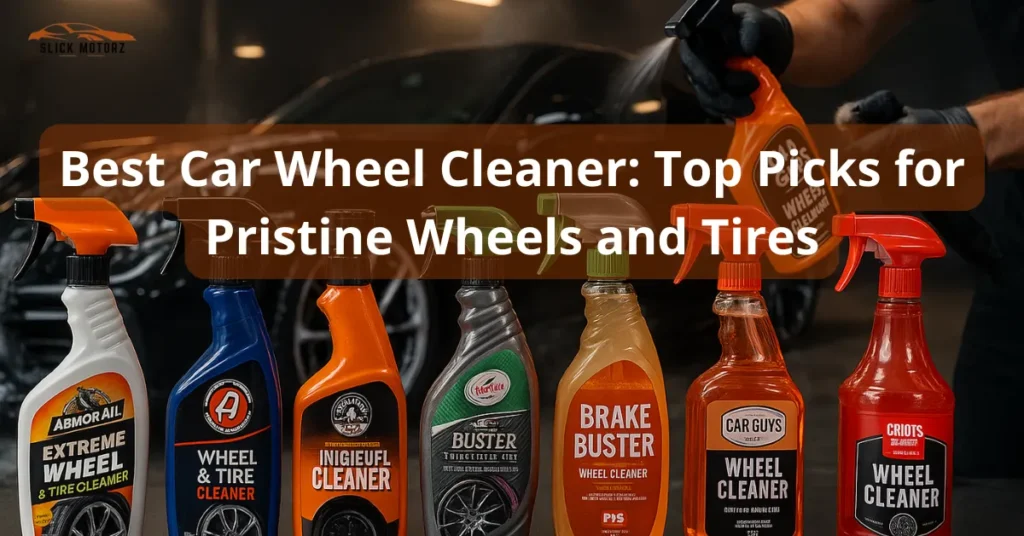If you’re running a car detailing business or planning to start one in Iowa, understanding the state’s car detailing laws is crucial for your success. You might think detailing is just about cleaning and polishing, but Iowa has specific rules that can impact your services, taxes, and even environmental compliance.
Ignoring these laws could cost you time, money, and your reputation. You’ll discover exactly what you need to know about car detailing laws in Iowa to keep your business running smoothly and legally. Read on to protect your investment and gain an edge over competitors who overlook these important details.
Iowa Car Detailing Regulations
Iowa car detailing regulations set clear rules for businesses and individuals. They ensure safety and protect the environment. Following these rules helps avoid legal issues and fines.
Car detailers in Iowa must meet specific standards. These rules cover licensing, permits, and certifications. Understanding these can help start or run a detailing business smoothly.
Licensing Requirements
In Iowa, car detailers often need a business license. This license shows the business operates legally. Requirements may vary by city or county. Checking local rules is important before starting work.
Some areas may require additional licenses for handling chemicals. Detailers must use approved products to protect workers and customers. Proper training often goes hand in hand with licensing.
Permits And Certifications
Permits may be necessary for waste disposal. Car detailing produces water runoff and chemical waste. Iowa law requires safe disposal to protect waterways. Detailers must follow state environmental permits.
Certifications prove knowledge and skill in detailing. They are not always mandatory but boost trust with clients. Some Iowa programs offer training and certification courses. These can improve service quality and compliance.
Tax Rules For Detailing Services
Understanding tax rules for car detailing services in Iowa is important for both business owners and customers. These rules determine how much tax applies to the labor and products used. Proper knowledge helps avoid unexpected costs or legal issues.
Tax regulations in Iowa focus mainly on sales tax applied to services and goods. Car detailing often involves labor and cleaning supplies, each treated differently under tax laws. Knowing these distinctions can save money and ensure compliance with state laws.
Sales Tax On Labor
Iowa generally does not charge sales tax on labor alone for car detailing. The work done, such as washing or polishing, is considered a service and is usually exempt from sales tax. This means customers pay only for the labor without extra tax added.
However, if labor is bundled with taxable goods, like cleaning products, the entire charge might be subject to sales tax. Detailing businesses should clearly separate labor and product costs on invoices to avoid confusion.
Tax Exemptions For Cleaning Services
Certain cleaning services in Iowa receive tax exemptions. Services related to maintenance or routine cleaning, including many car detailing tasks, can qualify for these exemptions. This reduces the tax burden on customers.
Cleaning products sold separately are usually taxable. But if they are part of the service package, tax rules depend on how the business charges for them. Proper documentation helps clarify exemptions and tax responsibilities.
Environmental Compliance
Environmental compliance is crucial for car detailing businesses in Iowa. These regulations protect local water, soil, and air quality from harmful substances. Following the rules helps avoid fines and supports a cleaner environment.
Car detailers must handle waste and chemicals carefully. This ensures no pollution or damage to nature.
Waste Disposal Guidelines
Proper waste disposal is a key requirement in Iowa. Detailers must collect and dispose of all wastewater correctly. Dumping dirty water onto streets or storm drains is illegal. Wastewater often contains oils, dirt, and chemicals that can harm local water sources.
Solid waste, like used towels and filters, must go to approved disposal sites. Businesses should keep records of how they manage waste. This proves compliance with state laws and helps during inspections.
Use Of Chemicals And Detergents
Iowa regulates the types of chemicals used in car detailing. Only biodegradable and eco-friendly products are recommended. Harsh chemicals can pollute water and harm wildlife.
Detailers must follow label instructions for all cleaning agents. Using the right amount reduces waste and environmental impact. Storing chemicals safely prevents spills and accidents. Proper training is necessary to handle these substances responsibly.
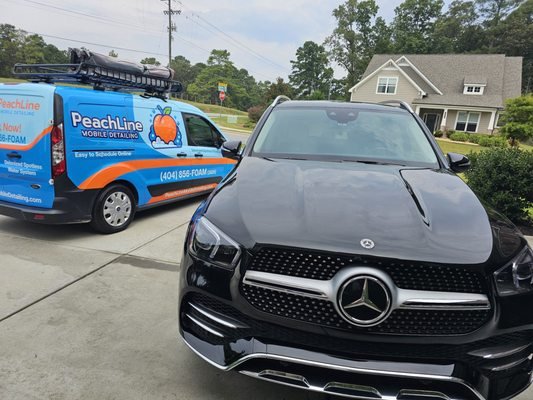
Credit: m.yelp.com
Consumer Protection Laws
Iowa enforces strict consumer protection laws for car detailing services. These laws ensure customers receive fair treatment and quality service. They cover guarantees, warranties, and ways to handle complaints effectively. Understanding these protections helps consumers make informed decisions and seek help if needed.
Warranty And Service Guarantees
In Iowa, car detailing businesses must provide clear warranties or service guarantees. These promises cover the quality and duration of the work. If a service fails within the guarantee period, the business must fix the issue. This policy protects customers from poor workmanship or faulty products. Always ask for written details about warranties before agreeing to a service.
Handling Customer Complaints
Consumers in Iowa have the right to file complaints about car detailing services. The state requires businesses to respond promptly and professionally. Many companies have formal complaint processes for faster resolution. If a complaint is ignored, customers can contact the Iowa Attorney General’s Consumer Protection Division. This office helps resolve disputes and ensures businesses follow state laws.
Liability And Insurance
Understanding liability and insurance is essential for car detailing businesses in Iowa. These factors protect both the service provider and the customer from financial loss. Proper insurance coverage helps cover damages, injuries, or accidents during the detailing process. It also builds trust with clients and keeps the business compliant with state laws.
Required Insurance Coverage
Car detailing businesses in Iowa must carry general liability insurance. This insurance covers property damage and bodily injury claims. It protects against accidents caused by employees or the business operations. Some businesses also need garage liability insurance if they operate on customers’ vehicles. Workers’ compensation insurance is necessary if the business has employees. This insurance covers medical costs for work-related injuries. Always check Iowa’s state requirements to ensure full compliance.
Risk Management Tips
Start by training employees on safe detailing practices. Use checklists to avoid mistakes during service. Keep detailed records of all work and client agreements. Inspect all equipment regularly to prevent malfunctions. Maintain a clean and organized workspace to reduce accidents. Inform clients about potential risks before starting work. Consider increasing insurance limits as the business grows. These steps reduce liability and protect your business financially.
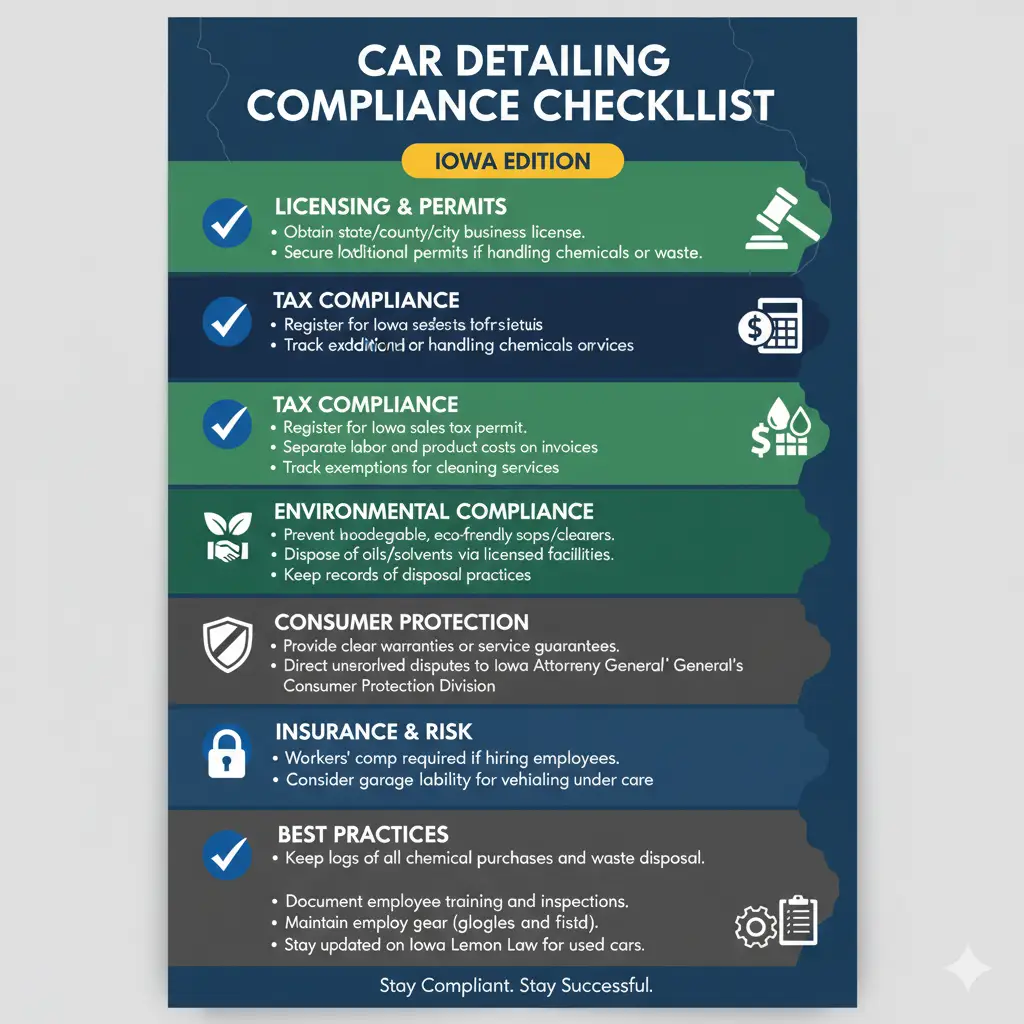
Credit: m.yelp.com
Impact Of Lemon Laws On Detailing
The lemon laws in Iowa affect car detailing by setting standards for vehicle condition. These laws protect buyers from defective vehicles. They also influence how cars must be cleaned and prepared for sale or repair. Understanding these rules helps detailers and sellers maintain compliance and customer trust.
Detailing And Vehicle Condition
Detailing improves a car’s appearance and value. A well-detailed vehicle shows care and attention. Lemon laws require cars to be free from major defects. Detailers must ensure the vehicle looks its best while not hiding any serious problems. Proper cleaning helps reveal issues that need fixing. This transparency supports fair sales and repairs.
Legal Responsibilities For Used Cars
Sellers must disclose known defects under Iowa’s lemon laws. Used cars with serious defects must be repaired or returned. Detailing cannot cover or hide these defects. Accurate vehicle condition reports are important. Buyers rely on these reports to make informed decisions. Detailers play a key role by providing honest assessments. This helps maintain legal compliance and customer satisfaction.
Best Practices For Iowa Detailers
Car detailers in Iowa must follow clear rules to run their business smoothly. Best practices help detailers stay legal and protect their customers. These practices focus on safety, environmental care, and proper business management. Detailers who follow these steps avoid fines and build trust with clients.
Maintaining Compliance
Detailers must know Iowa laws about waste disposal and chemical use. Using safe, approved products reduces harm to the environment. Properly disposing of water and chemicals keeps waterways clean. Employees should wear protective gear to stay safe. Regular training helps staff follow all rules. Staying updated on law changes prevents accidental violations.
Record Keeping And Documentation
Keeping clear records is important for Iowa detailers. Track all chemical purchases and usage to prove compliance. Save receipts and invoices for at least three years. Document employee training and safety checks regularly. Records help during inspections and audits by authorities. Good documentation also improves business organization and customer trust.
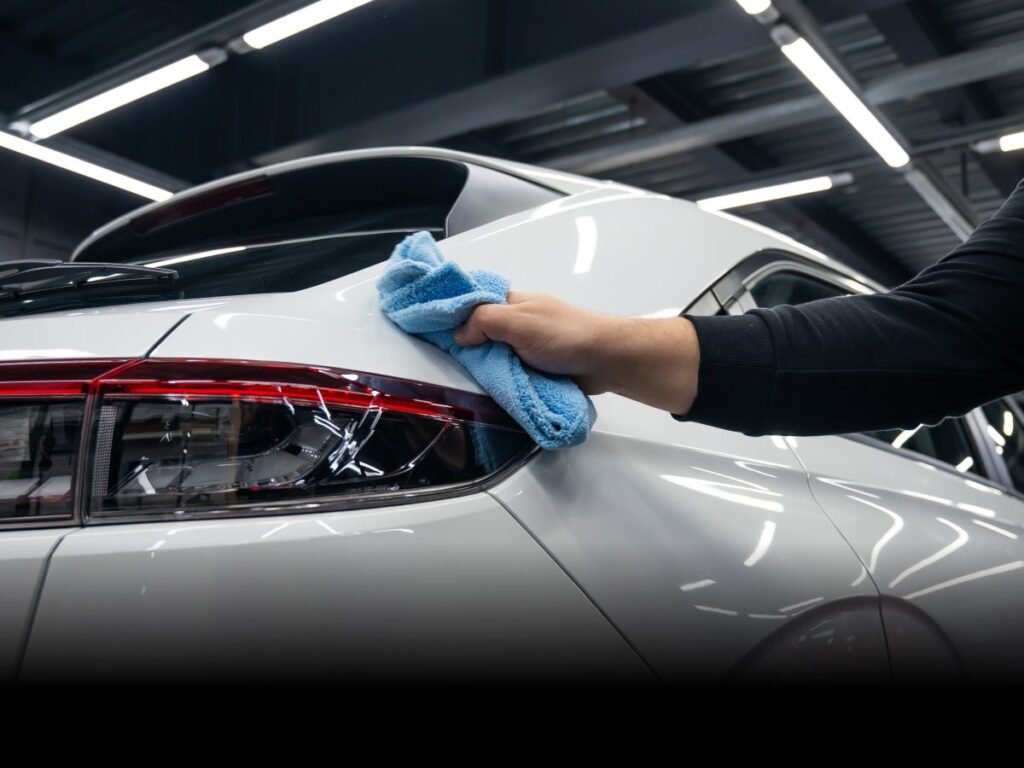
Credit: www.yelp.com
Frequently Asked Questions
Are Cleaning Services Taxable In Iowa?
Cleaning services in Iowa are generally taxable unless related to new construction or remodeling projects. Such janitorial services are exempt from tax.
Is Car Detailing Considered Maintenance?
Car detailing counts as maintenance when done regularly, typically every two months, to preserve a vehicle’s appearance and condition.
Is There A Lemon Law For Used Cars In Iowa?
Iowa’s lemon law covers used cars under two years old with serious defects. The defect must cause repeated repairs or safety risks. Keep repair records and contact the manufacturer or an attorney to file a claim.
Do You Charge Sales Tax On Labor In Iowa?
Iowa generally does not charge sales tax on labor alone. Sales tax applies if labor is part of a taxable service or product sale.
Conclusion
Understanding Iowa’s car detailing laws helps you stay legal and informed. Follow state rules to avoid fines or penalties. Keep your business or personal work compliant with local regulations. Regularly check for any law updates or changes. This keeps your detailing activities smooth and hassle-free.
Looking for nationwide compliance insights? Don’t miss our full breakdown of EPA Regulations Every Car Detailer Must Know.
Knowledge of these laws protects your investment and reputation. Stay aware, stay responsible, and detail your car with confidence.







